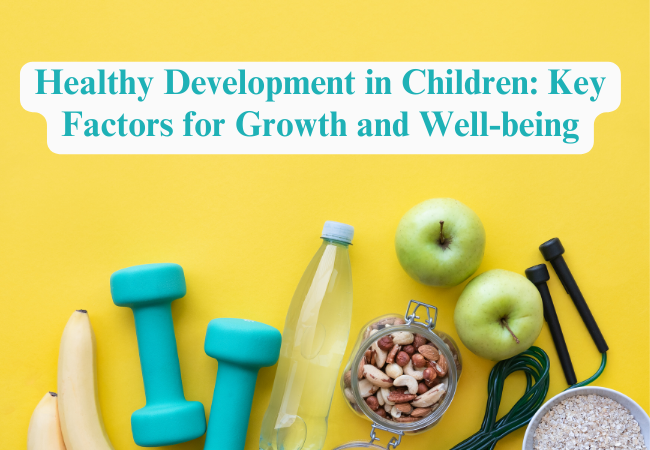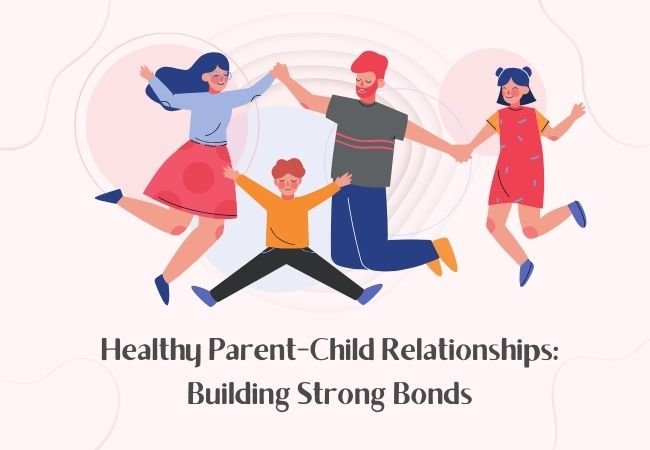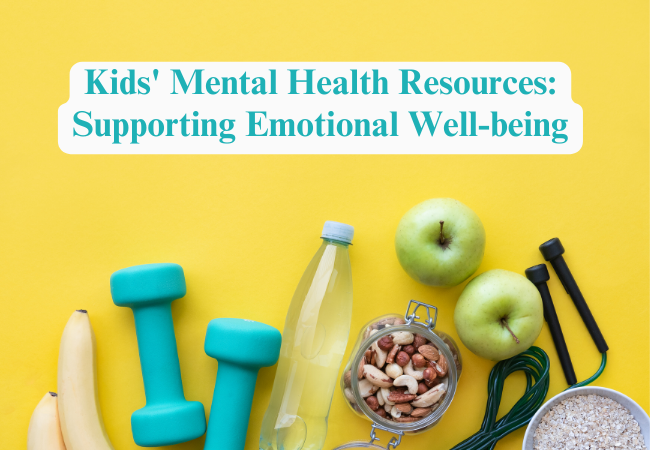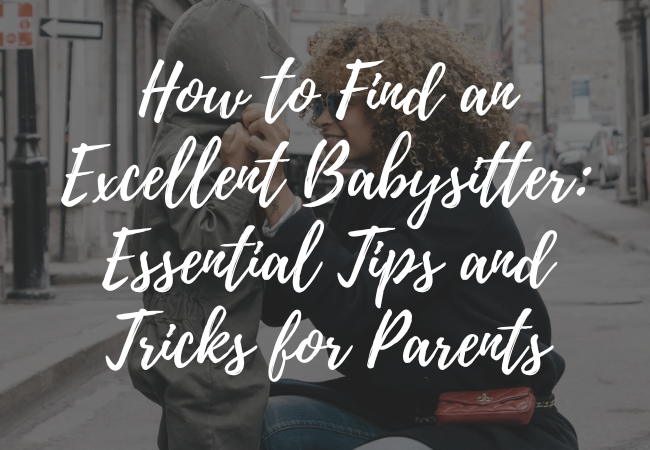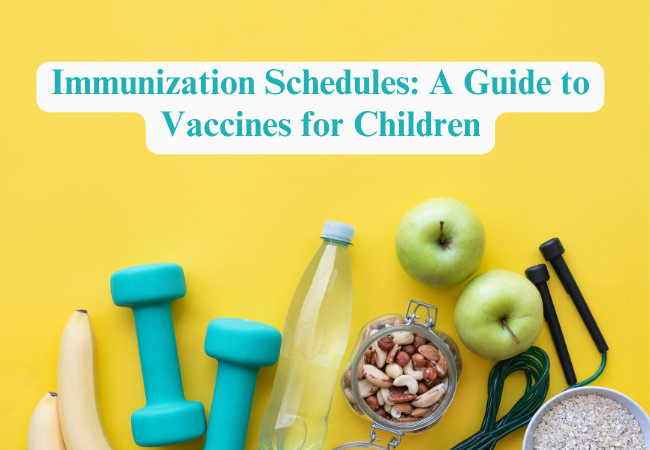Your 1-Week-Old Baby Milestones: What to Expect in the First Week
Discover the key milestones and development of your 1-week-old baby. Learn what to expect in the first week and how to support your newborn’s growth.
Welcoming a newborn is an exciting and overwhelming experience. In the first week, your baby will go through many changes. Let’s explore what you can expect from your 1-week-old baby and how to support their growth.

Physical Development
Size and Weight
At one week old, your baby might look different from their birth day. Newborns often lose weight in the first few days. This is normal. Most babies lose 5-10% of their birth weight. Don’t worry – they usually gain it back by 2 weeks old.
Sleep Patterns
Your 1-week-old will sleep a lot – about 16 to 17 hours a day. But they won’t sleep for long stretches. Expect your baby to wake up every 2-3 hours to eat. Their sleep cycles are different from adults. They spend more time in light sleep, which is why they wake up easily.
Eating Habits
Newborns have tiny tummies. They need to eat often – about 8-12 times a day. Whether you’re breastfeeding or using formula, feed your baby whenever they show hunger signs.
These signs include:
- Rooting (turning head and opening mouth)
- Sucking on hands or lips
- Fussing or crying
Diaper Changes
Get ready for lots of diaper changes! A 1-week-old baby usually has about 6-8 wet diapers a day. Poop can vary. Breastfed babies often poop after every feeding. Formula-fed babies might poop less often.
Sensory Development
Your baby’s senses are working hard in the first week. Here’s what’s happening:
Vision
A 1-week-old baby can see, but not very far. They can focus best on things 8-12 inches away – about the distance to your face when feeding. Their eyesight is still developing, so they prefer high-contrast patterns and faces.
Hearing
Your baby’s hearing is fully developed. They can recognize your voice from their time in the womb. Talking, singing, and reading to your baby helps their language development.
Touch
Touch is very important for newborns. Skin-to-skin contact helps regulate their body temperature and breathing. It also boosts bonding and can help with breastfeeding.
Smell
Your baby has a strong sense of smell. They can recognize your scent and the smell of breast milk.
Motor Skills
At one week old, your baby’s movements are mostly reflexes. These include:
- Rooting reflex: Turning head towards touch on cheek
- Sucking reflex: Sucking when something touches the roof of their mouth
- Startle reflex: Suddenly spreading out arms and legs when startled
- Grasp reflex: Curling fingers around anything placed in their palm
Social and Emotional Development
Your 1-week-old is learning about the world around them. They’re starting to:
- Recognize your voice and smell
- Prefer human faces to other shapes
- Communicate through crying
Supporting Your 1-Week-Old’s Development
Here are some ways to help your baby grow and develop:
- Respond to cries: Crying is how babies communicate. Responding quickly helps them feel secure.
- Talk and sing: Even though they can’t talk back, hearing your voice is crucial for language development.
- Provide tummy time: Short periods of supervised tummy time help strengthen neck muscles.
- Skin-to-skin contact: This helps with bonding and can regulate your baby’s body systems.
- Read: It’s never too early to start reading to your baby.
Health and Safety
Keep these health and safety tips in mind:
- Always place your baby on their back to sleep to reduce the risk of SIDS.
- Keep up with doctor’s appointments and vaccinations.
- Wash your hands often to protect your baby from germs.
- Never shake your baby – it can cause serious brain damage.
When to Call the Doctor
While many changes are normal, call your doctor if your 1-week-old:
- Has a fever (rectal temperature of 100.4°F or higher)
- Is very sleepy and hard to wake for feedings
- Isn’t eating well
- Has fewer wet diapers than expected
- Has skin or eyes that look yellow (jaundice)
Remember, every baby develops at their own pace. If you have concerns about your baby’s development, always check with your pediatrician.
Conclusion
The first week with your newborn is full of changes and new experiences. While it can feel overwhelming, remember that you’re doing a great job. Your baby is learning and growing every day, and your love and care are exactly what they need.
For more information on newborn care and development, visit the American Academy of Pediatrics website.
For more information and guide, visit usaparentingtips.com


